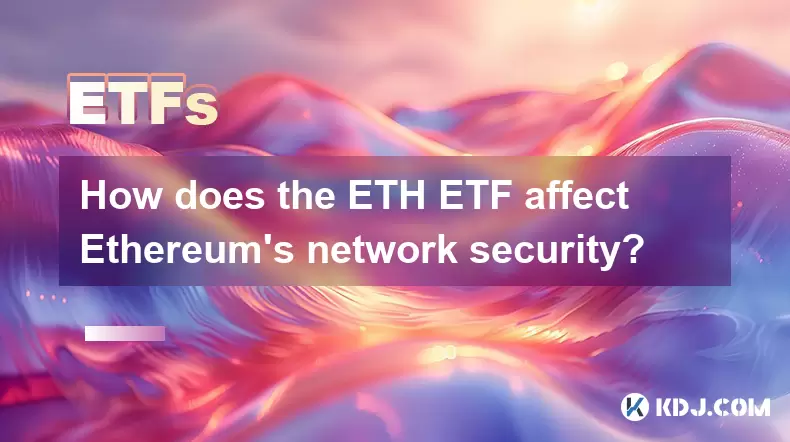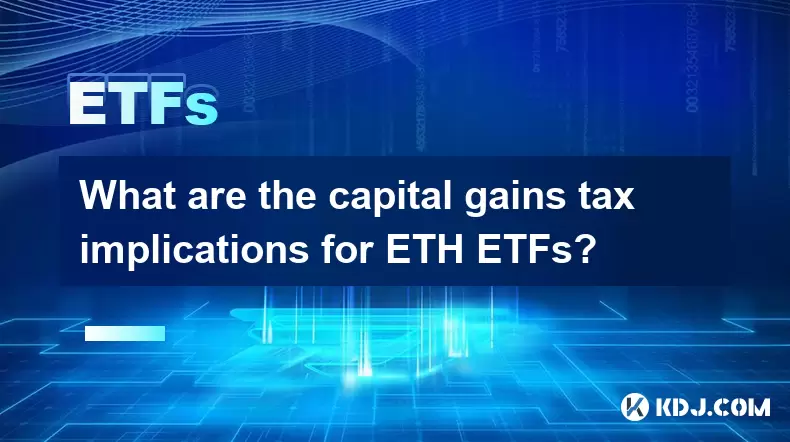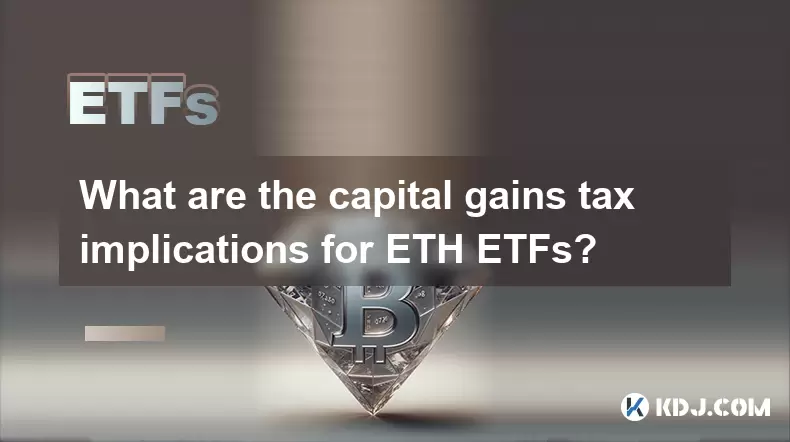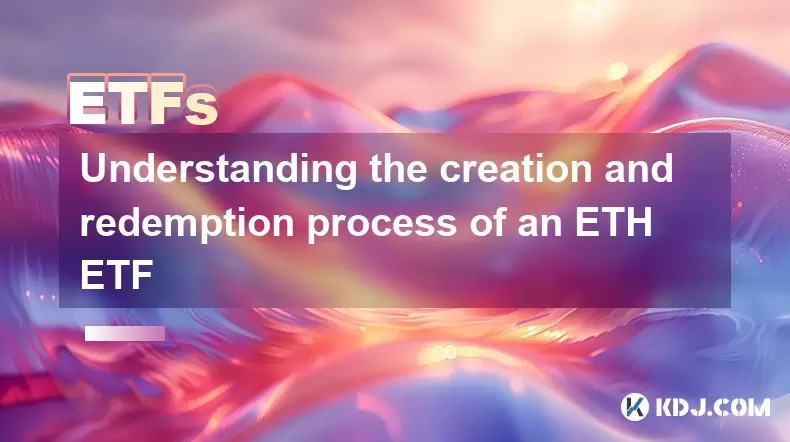-
 Bitcoin
Bitcoin $118100
0.44% -
 Ethereum
Ethereum $3765
5.84% -
 XRP
XRP $3.498
3.12% -
 Tether USDt
Tether USDt $1.000
0.00% -
 BNB
BNB $753.2
3.41% -
 Solana
Solana $181.7
3.58% -
 USDC
USDC $0.9999
0.01% -
 Dogecoin
Dogecoin $0.2704
12.75% -
 Cardano
Cardano $0.8684
5.85% -
 TRON
TRON $0.3151
-0.86% -
 Hyperliquid
Hyperliquid $46.06
4.51% -
 Stellar
Stellar $0.4695
2.48% -
 Sui
Sui $3.910
3.18% -
 Chainlink
Chainlink $19.36
6.65% -
 Hedera
Hedera $0.2750
3.99% -
 Bitcoin Cash
Bitcoin Cash $544.6
6.31% -
 Avalanche
Avalanche $25.12
3.69% -
 Shiba Inu
Shiba Inu $0.00001559
5.40% -
 Litecoin
Litecoin $116.8
5.10% -
 UNUS SED LEO
UNUS SED LEO $8.991
0.05% -
 Toncoin
Toncoin $3.283
2.79% -
 Polkadot
Polkadot $4.509
3.97% -
 Uniswap
Uniswap $10.67
6.58% -
 Ethena USDe
Ethena USDe $1.001
-0.01% -
 Monero
Monero $323.2
0.48% -
 Pepe
Pepe $0.00001410
6.37% -
 Bitget Token
Bitget Token $4.964
1.93% -
 Dai
Dai $0.9998
-0.01% -
 Aave
Aave $326.2
3.85% -
 Bittensor
Bittensor $421.8
2.46%
What is an ETH ETF?
An ETH ETF offers investors exposure to Ethereum's price movements through a regulated, stock-like product, eliminating the need for crypto wallets while providing liquidity and portfolio diversification.
Jul 11, 2025 at 01:49 am

Understanding the Concept of an ETH ETF
An ETH ETF, or Ethereum Exchange-Traded Fund, is a financial product that allows investors to gain exposure to Ethereum (ETH) without directly owning the cryptocurrency. This type of fund is traded on traditional stock exchanges and mirrors the price movements of Ethereum. Investors can buy shares in the ETF just like they would with stocks, making it a more familiar and regulated way to invest in digital assets.
The primary mechanism behind an ETH ETF involves the fund holding actual Ethereum or derivative contracts tied to its price. When you purchase shares in the ETF, you're not buying ETH directly but rather a portion of the fund that represents ownership in the underlying asset. This structure brings cryptocurrency investment into a more mainstream financial framework.
Important:
Unlike direct crypto purchases, ETH ETFs are subject to oversight by financial regulators, which may provide added investor protections.How Does an ETH ETF Work?
An ETH ETF operates similarly to other ETFs in that it pools capital from multiple investors and uses that money to acquire Ethereum or related instruments. The fund provider manages the holdings and issues shares that trade on stock exchanges. These shares reflect the net asset value (NAV) of the underlying Ethereum holdings.
One key feature of ETH ETFs is their ability to track Ethereum's market price in real-time. This is achieved through continuous adjustments made by the fund manager to ensure alignment between the ETF share price and the actual ETH value. Some funds may use futures contracts instead of holding physical ETH, depending on regulatory constraints and operational strategies.
- The ETF provider purchases and holds Ethereum.
- Shares representing fractional ownership are issued.
- The shares are listed on a stock exchange for public trading.
Crucial:
The choice between physical backing and derivatives affects both risk levels and compliance requirements.Benefits of Investing in an ETH ETF
Investing in an ETH ETF offers several advantages over direct cryptocurrency ownership. First, it eliminates the need for private keys, wallets, and exchanges — all of which come with security risks. Instead, investors rely on the custodial services of the ETF provider.
Another benefit lies in accessibility. Traditional brokerage accounts can hold ETFs, meaning individuals who are hesitant or unfamiliar with crypto exchanges can still participate in Ethereum's price movements. Additionally, ETFs offer liquidity since they can be bought and sold during regular market hours.
- No need for digital wallet management.
- Easier integration into diversified portfolios.
- Enhanced liquidity compared to some crypto exchanges.
Note:
Regulatory approval ensures greater transparency and reporting standards than many crypto platforms currently provide.Risks and Limitations of ETH ETFs
Despite their benefits, ETH ETFs are not without risks. One major concern is tracking error — the difference between the ETF's performance and the actual price of Ethereum. This discrepancy can occur due to management fees, rebalancing delays, or reliance on futures contracts instead of physical assets.
Regulatory uncertainty also poses a challenge. While some countries have approved Bitcoin ETFs, Ethereum remains under review in certain jurisdictions. If an ETF does not receive full regulatory backing, it could face restrictions or even closure.
- Potential mismatch between ETF returns and ETH price.
- Fees can reduce overall profitability.
- Dependence on evolving legal frameworks.
Caution:
Investors should carefully examine the ETF’s prospectus to understand how it tracks Ethereum and what fees apply.How to Invest in an ETH ETF
To invest in an ETH ETF, begin by opening a brokerage account that supports ETF trading. Ensure your broker has access to the specific exchange where the ETF is listed. Once your account is set up, search for the ETF using its ticker symbol and place a buy order just like purchasing any other stock.
It’s important to monitor the fund’s expense ratio and performance relative to Ethereum’s spot price. Some ETFs publish daily reports detailing their Ethereum holdings and valuation methodology. Review these documents regularly to stay informed about your investment.
- Choose a compatible brokerage platform.
- Search for the correct ETF ticker.
- Place a standard buy order.
- Monitor ongoing performance and disclosures.
Key step:
Always verify whether the ETF holds physical ETH or uses synthetic methods for price tracking.Frequently Asked Questions
Q: Can I redeem ETH ETF shares for actual Ethereum?
A: Typically, redemption of ETF shares for physical Ethereum is limited to authorized participants and not available to retail investors.
Q: Are dividends paid on ETH ETF shares?
A: No, Ethereum itself does not generate income. Therefore, most ETH ETFs do not pay dividends unless they engage in staking or lending activities, which is rare.
Q: How does taxation work for ETH ETF investments?
A: Tax treatment varies by jurisdiction. In many cases, gains from selling ETF shares are taxed similarly to equity investments rather than cryptocurrency transactions.
Q: Is there a minimum investment required for ETH ETFs?
A: No, you can buy as little as one share of the ETF, making it accessible to small investors.
Disclaimer:info@kdj.com
The information provided is not trading advice. kdj.com does not assume any responsibility for any investments made based on the information provided in this article. Cryptocurrencies are highly volatile and it is highly recommended that you invest with caution after thorough research!
If you believe that the content used on this website infringes your copyright, please contact us immediately (info@kdj.com) and we will delete it promptly.
- Bitcoin Price Surges: Golden Cross Signals a Potential Big Move
- 2025-07-21 16:30:12
- Hyperliquid Gears Up: Market Momentum Builds for HYPE
- 2025-07-21 16:30:12
- Tezos, Conflux, and the Altcoin Rebound: What's Driving the Surge?
- 2025-07-21 14:50:12
- Giants Protocol Token Launch: Revolutionizing Asset Ownership with Blockchain Innovation
- 2025-07-21 15:30:12
- DeFi Evolution: Data Oracles and NFT Integration Leading the Charge
- 2025-07-21 14:30:12
- Super Apps, Stablecoins, and Future Payments: A NYC Perspective
- 2025-07-21 14:30:12
Related knowledge

How does the ETH ETF affect Ethereum's network security?
Jul 17,2025 at 01:29pm
Understanding the ETH ETF ConceptAn Ethereum Exchange-Traded Fund (ETH ETF) is a financial product that allows investors to gain exposure to Ethereum ...

What are the capital gains tax implications for ETH ETFs?
Jul 18,2025 at 08:00am
Understanding Capital Gains Tax in Cryptocurrency InvestmentsCapital gains tax is a tax imposed on the profit realized from the sale of an asset that ...

What are the capital gains tax implications for ETH ETFs?
Jul 21,2025 at 11:14am
Understanding ETH ETFs and Their TaxationAn Ethereum Exchange-Traded Fund (ETH ETF) allows investors to gain exposure to Ethereum without directly own...

Understanding the creation and redemption process of an ETH ETF
Jul 19,2025 at 07:36am
What is an ETH ETF?An ETH ETF (Ethereum Exchange-Traded Fund) is a financial product designed to track the price of Ethereum without requiring investo...

How to analyze which ETH ETF is the best choice
Jul 19,2025 at 05:01pm
Understanding ETH ETFs and Their RelevanceEthereum Exchange-Traded Funds (ETFs) have emerged as a popular investment vehicle for those seeking exposur...

What are the liquidity risks for an ETH ETF?
Jul 21,2025 at 03:35am
Understanding Liquidity in the Context of ETH ETFsLiquidity refers to how easily an asset can be converted into cash without significantly affecting i...

How does the ETH ETF affect Ethereum's network security?
Jul 17,2025 at 01:29pm
Understanding the ETH ETF ConceptAn Ethereum Exchange-Traded Fund (ETH ETF) is a financial product that allows investors to gain exposure to Ethereum ...

What are the capital gains tax implications for ETH ETFs?
Jul 18,2025 at 08:00am
Understanding Capital Gains Tax in Cryptocurrency InvestmentsCapital gains tax is a tax imposed on the profit realized from the sale of an asset that ...

What are the capital gains tax implications for ETH ETFs?
Jul 21,2025 at 11:14am
Understanding ETH ETFs and Their TaxationAn Ethereum Exchange-Traded Fund (ETH ETF) allows investors to gain exposure to Ethereum without directly own...

Understanding the creation and redemption process of an ETH ETF
Jul 19,2025 at 07:36am
What is an ETH ETF?An ETH ETF (Ethereum Exchange-Traded Fund) is a financial product designed to track the price of Ethereum without requiring investo...

How to analyze which ETH ETF is the best choice
Jul 19,2025 at 05:01pm
Understanding ETH ETFs and Their RelevanceEthereum Exchange-Traded Funds (ETFs) have emerged as a popular investment vehicle for those seeking exposur...

What are the liquidity risks for an ETH ETF?
Jul 21,2025 at 03:35am
Understanding Liquidity in the Context of ETH ETFsLiquidity refers to how easily an asset can be converted into cash without significantly affecting i...
See all articles

























































































